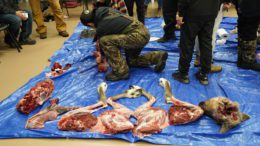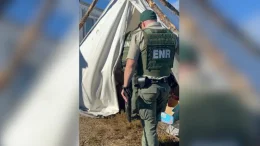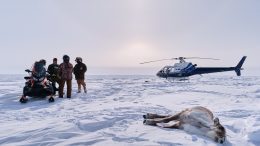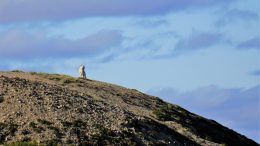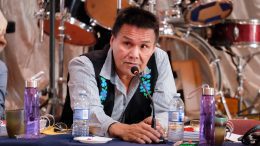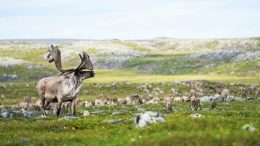Fort McPherson Caribou Summit unites around the importance of responsible hunting
Harvesters from across the North unite for three days of workshops, discussion
Robert Alexie is retired now, but once upon a time he was a full-time harvester and a tour guide. He believes in doing things the…

